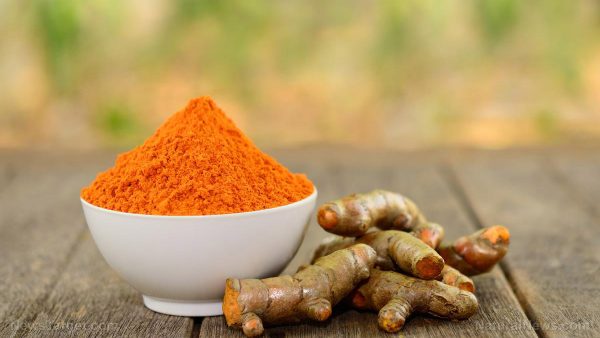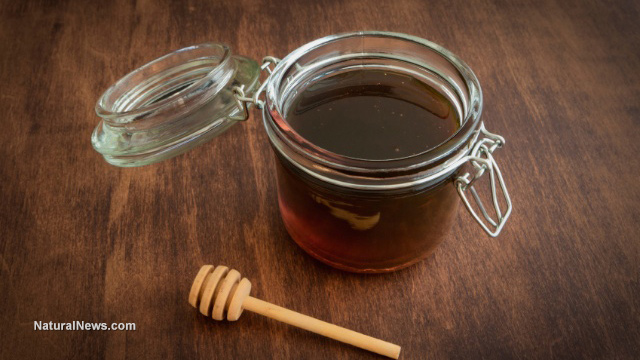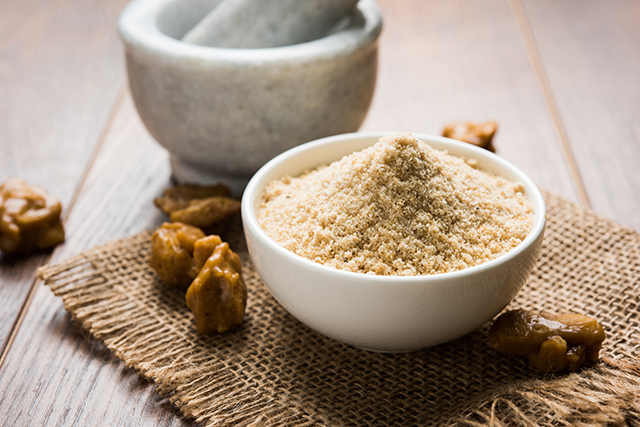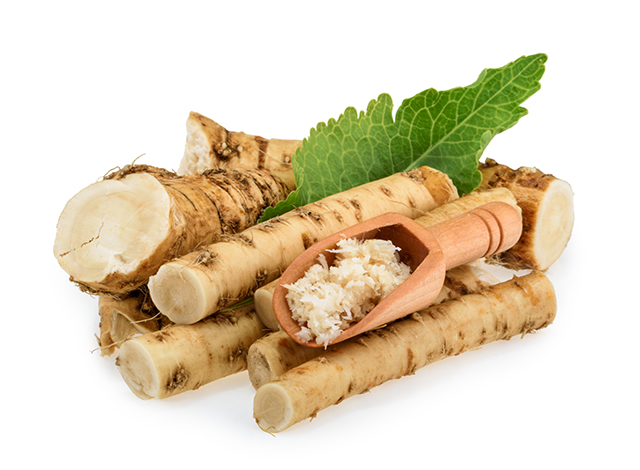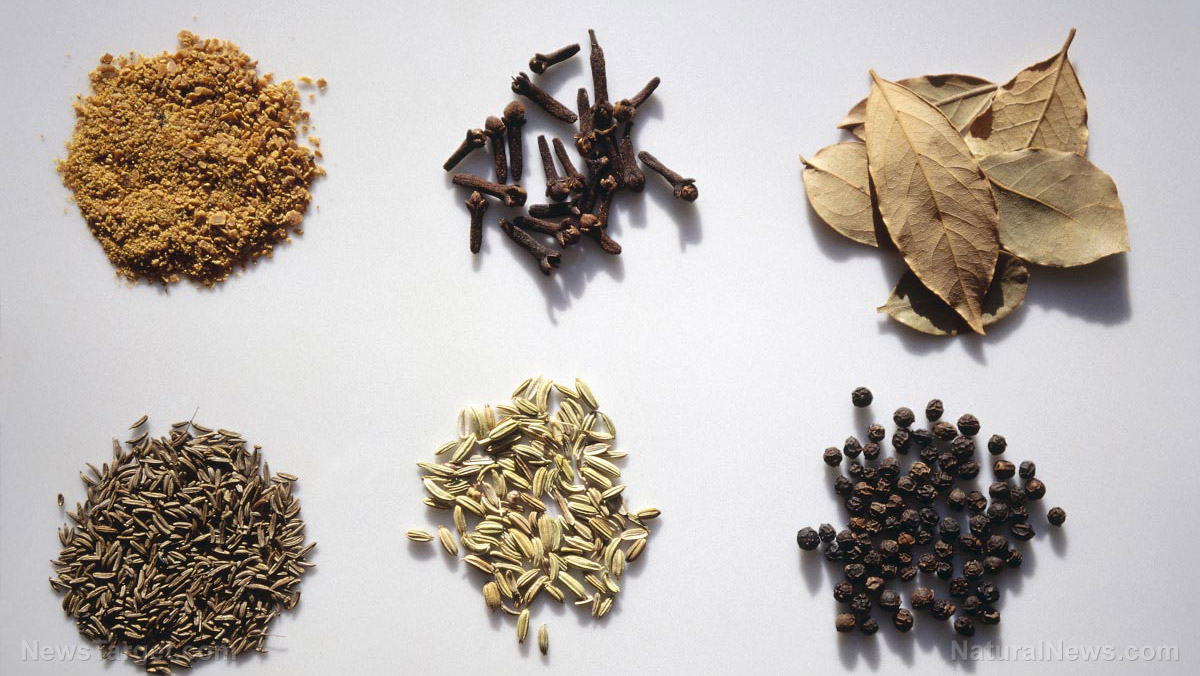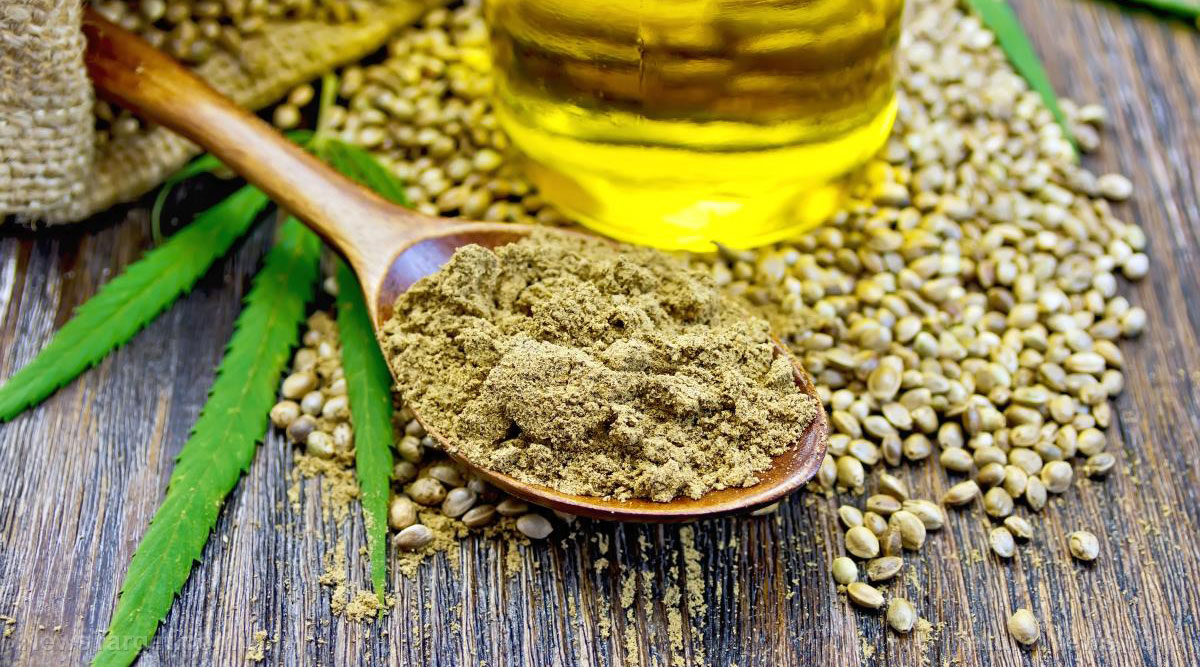Peaches: The health benefits of the sweet and sour fruit
07/24/2018 / By Ralph Flores
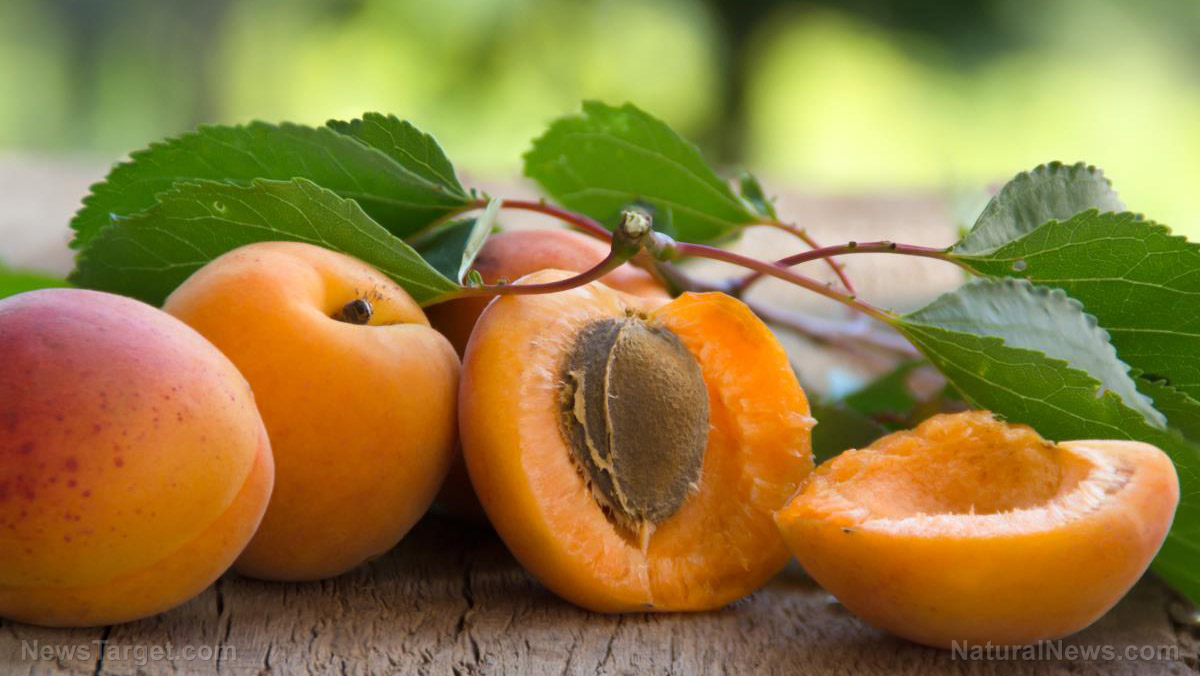
Peach (Prunus persica), a fruit that’s originally from mainland China, is now available the world over. Together with cherries, apricots, plums, and nectarines, it’s part of the Prunus genus, commonly known as stone fruits for having one large seed in the middle of the fruit.
The fruit is highly valued for its taste, which is both sweet and sour at the same time. This is because of the ratio of sugars to acids found in the peach fruit. When the fruit is immature, the acid ratio is high; however, as it ripens, the sugars steadily increase until it achieves the sweetness which it is known for.
A lot of studies have been made regarding the health benefits of peaches. According to a study by Texas A&M AgriLife Research, stone fruits such as peaches, nectarines, and plums contain bioactive compounds that can fend off obesity-related diabetes. The study also notes that these fruits have anti-inflammatory and hypocholesterolemic properties that also reduce the risk of cardiovascular diseases.
Here are some of the many benefits you can get when you eat peaches.
- Peaches help you fight cancer. The fruit is rich in phenolic and carotenoid compounds, which are known to have anti-cancer and anti-tumor properties. In particular, the chlorogenic acid and neochlorogenic acid in peaches have been proven to inhibit the growth of breast cancer cells without damaging normal cells. (Related: Breast cancer cells destroyed by peach and plum extracts.)
- Peaches give you great skin. Rich in antioxidants and vitamin C, the delicious fruit also provides protection against oxidative stress from free radicals, as well as prevent infections. Peaches also contain zeaxanthin and lutein which protect against damage from ultraviolet radiation. The proof is in the pudding – most cosmetic companies use peaches for their skin creams and beauty products because of the fruit’s hydrating and rejuvenating properties.
- Peaches may reduce diabetes incidence. Whole fruits, such as blueberries, grapes, and peaches reduce the likelihood of Type 2 diabetes. It also contains high levels of fibers which help lower blood glucose levels.
- Peaches improve heart health. When a person eats peaches, he gets all the essential nutrients to keep his heart healthy. These include fiber, potassium, vitamin C, and choline. The phenolic compounds in peach also lower low-density lipoprotein (LDL) cholesterol, which increases the risk of cardiovascular disease.
- Peaches help detoxify the body. Potassium, which is an important chemical in kidney health, is abundant in peaches. Its hepatoprotective elements also help cleanse the liver, especially for people who suffer from tuberculosis or diabetes.
- Peaches maintain eye health. It’s a good replacement for carrots – peaches also contain beta-carotene which is converted to vitamin A once it enters the body. Moreover, the lutein and zeaxanthin in peaches, which already aid in skin health, are also beneficial for eye health – protecting it from macular degeneration and preventing free radical damage.
- Peaches are useful in pregnancy. The fruit contains vitamins A and C, niacin, and potassium, which benefit both mother and child. In particular, the vitamin C in peach increases the bioavailability of iron and staves off anemia.
With these benefits, peaches are truly a delicious addition to a healthy diet. Add it to meals, or put it in your tea to get its full benefits.
Get peaches during summer to maximize its full potential. Go for peaches that have fuzzy skin that’s slightly soft to the touch. Of course, go for whole fruits, since canned or preserved peaches increase the risk of disease.
Find out more health benefits of peaches by heading to Fruits.news today.
Sources include:
Tagged Under: antioxidants, benefits of peaches, cancer, cardiovascular health, eye health, food as medicine, food cures, heart health, Peach, potassium


